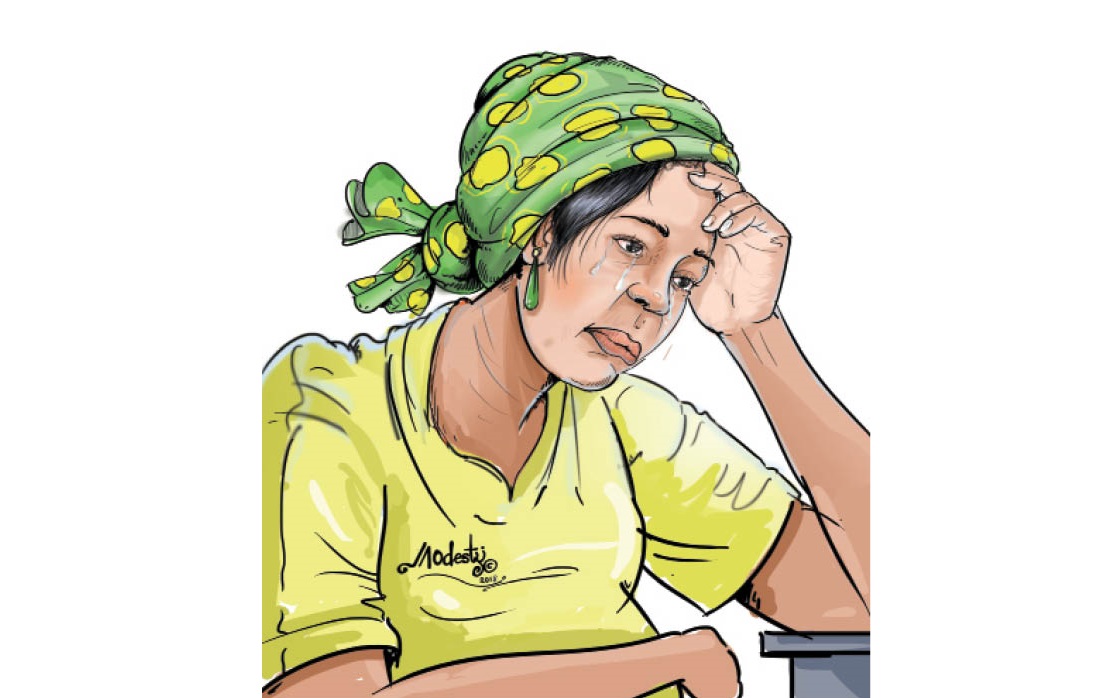I am diagnosed with genital warts
I sincerely wish to commend your write up last week on gastrointestinal perforation. I benefitted a lot from that. Kindly find a space in your dedicated column to share useful information about genital warts. I was recently diagnosed with it and undergoing treatment. Worried Lady. Thanks for your kind words and wishing you quick recovery. […]

I am diagnosed with genital warts
I sincerely wish to commend your write up last week on gastrointestinal perforation. I benefitted a lot from that. Kindly find a space in your dedicated column to share useful information about genital warts. I was recently diagnosed with it and undergoing treatment.
Worried Lady.
Thanks for your kind words and wishing you quick recovery. Genital warts are among the signs of genital Human Papilloma Virus (HPV) infection. Warts are benign tumors of the epidermis (upper layer of the skin). Some people will have a genital HPV infection without genital warts.
What causes genital warts?
Genital warts are caused by certain types of human papilloma virus.
Where genital warts are found?
In women, the warts occur on the outside and inside of the vagina, on the opening (cervix) to the womb (uterus), or around the anus. In men, genital warts are less common. If present, genital warts are usually on the tip of the penis. They also may be found on the shaft of the penis, on the scrotum, or around the anus. Genital warts can also develop in the mouth of a person who has had oral sexual contact with an infected person.
Genital warts often occur in clusters and can be very tiny or can spread into large masses in the genital or anal area. If left untreated, genital warts may eventually develop a fleshy, cauliflower-like appearance. In some cases, the warts may disappear.
How are genital warts spread?
Genital warts are very contagious and are spread during oral, genital, or anal sex with an infected partner. About two-thirds of people who have sexual contact with a partner with genital warts will develop warts. Development of genital warts usually occurs within three months of contact.
How are genital warts diagnosed?
A Pap smear test is done for women to check for presence of Human Papilloma Virus infection on the cervix. In a Pap smear, a laboratory worker examines cells scraped from the cervix under a microscope to see if they are cancerous. If a woman’s Pap smear is abnormal, she might have an HPV infection. If a woman has an abnormal Pap smear, she should have her doctor examine her further to look for and treat any cervical problems.
Can genital warts be treated?
Yes, it can be treated, but depending on factors such as the size and location of the genital warts, a doctor will offer options for treatment.
Sometimes genital warts will disappear without treatment. In other cases, they eventually may develop a fleshy, small raised growth that looks like cauliflower. There is no way to predict whether the warts will grow or disappear. If you suspect you have genital warts, you should be examined and treated, if necessary.
Complications of genital warts
Genital warts may cause a number of problems during pregnancy. Sometimes genital warts get larger during pregnancy, making it difficult to urinate. If the warts are in the vagina, they can make the vagina less elastic and cause obstruction during delivery.
In rare cases, infants born to women with genital warts develop warts in their throats. Although uncommon, it is a potentially life-threatening condition for the child, requiring frequent laser surgery to prevent obstruction of the breathing passages.
